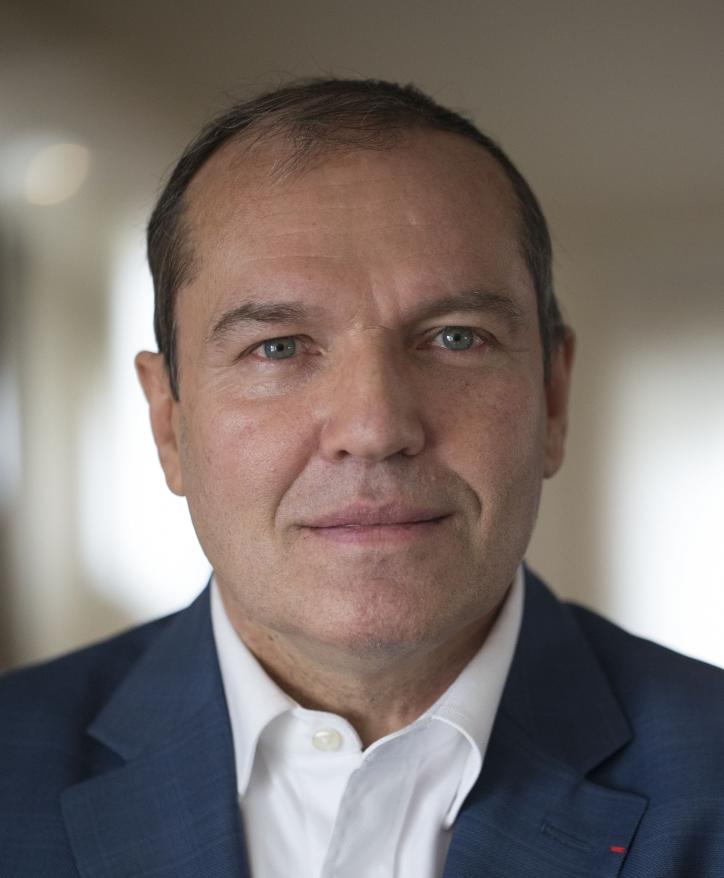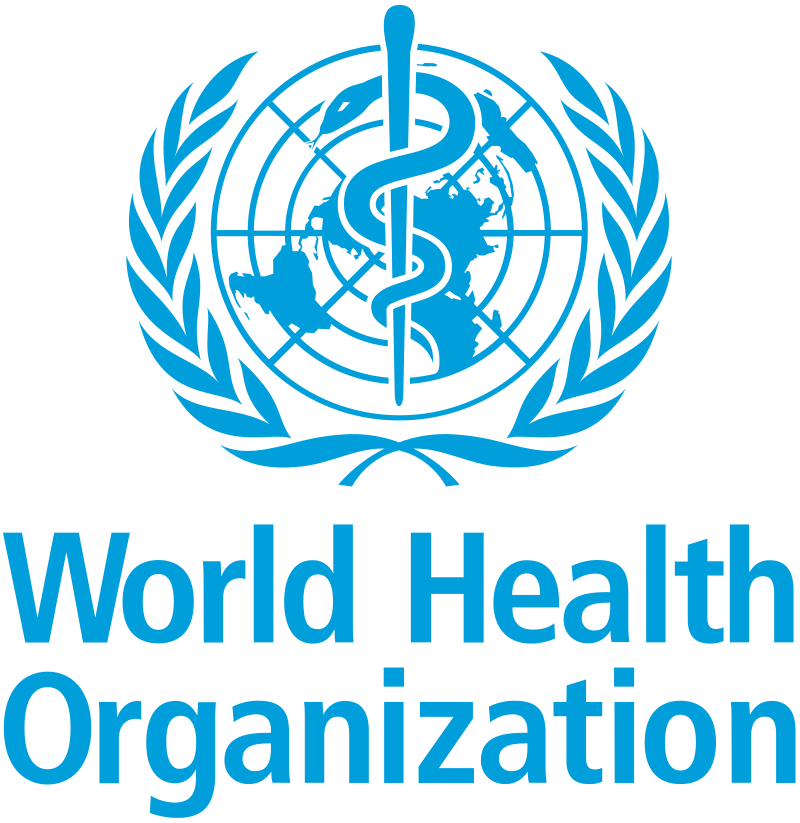
Dr. Vandevelde brings to this volunteer activity 8 years of field tested leadership of the Foundations support for cholera prevention activities, principally in Sub Saharan Africa. Among these experiences has been his dedication to the organization and guidance of the Global Alliance Against Cholera, now in its 6th year of advocating for a new cholera elimination paradigm, based on the substitution of potable water for cholera infested lake and river water in endemic areas.
As Water is the "W" reference in WASH, the assurance of toilets to replace open field defication, is referenced as the "S" in Sanitation. Hygiene, as in teaching the techniques of hand washing and an awareness of how to avoid contamination by the cholera bacteria, is the "H". The W.H.O. in including WASH in its basket of cholera elimination requirements has taken a crucial step in encouraging its inclusion in the revision of its own future cholera advisory services to Governments and International Development Aid agencies.

The WASH Working Group including 30 of its 50 interested members, all experts in some aspect of cholera prevention, and all personally invited by Dr. Vanvevelde, participated in the initial meeting of the Group on May 4 and 5 at the Headquarters of UNICEF in N.Y.C. Their assessments of the reasons for the continuing threat of cholera in many countries of the World, predominently in Sub Saharan Africa were directly linked to the absence of WASH services. And their inclusion of such services in future W.H.O. guidance was featured along with more limited but targeted use of Oral Cholera Vaccine in epidemiologically predicted cholera "hot spots".
Among the G.A.A.C. Council members participating in the the WASH Working Group meeting were Dr. Eric Mintz, Center for Disease Control, U.S.A.; Professor Renaud Piarroux, University of the Mediterranian, France; Dr. Thierry Vandevelde, Veolia Foundation, France; Sy Rotter, Secretariat, U.S.A.; and John Oldfield, Advocacy Advisor, U.S.A. Expected at the second meeting, will also be Dr. Rita Colwell, Professor, University of Maryland; Maria Elena Figueroa, Professor, Johns Hopkins University.; Dr. Jay Graham, Professor, George Washington University.; Dr. Robert Bos, Senior Advisor, International Water Association, Switzerland; and Dr. Dennis Warner, Water Technology Consultant, U.S.A..
The second meeting of the W.H.O. Task Force occurred in Geneva on June 15 and 16. It was structured around 4 activity themes :defining where and when limited availability of oral cholera vaccines should be allocated; Laboratory services, which focused on the need for proven rapid cholera detection devices for field use; Surveillance in which concern was directed toward establishing a glossary of cholera focused technical terms that could also be accepted by the general public, and procedural techniques to define and describe cholera prevention procedures; and finally, an Advocacy theme that included the need for the integration of single purpose activities in cholera prevention, including patient care to prevent new infections; oral cholera vaccines to build community resistance to the cholera baccilus; and WASH procedures.
A series of recommendations was introduced, by Dr. Vandevelde some of which would require specific research activities for which he strongly encouraged the Task Force to organize a "Global Research Fund". Among his highest priorities for the Fund would be to finance the design of the Terms of Reference required to proceed on a case srtudy analysis of the cost/ benefit relationship of oral cholera vaccines and WASH procedures, individually and in combination.
The next meeting of the WASH Working Group will be convened by Dr. Vandevelde in early 2016, while the next meeting of the G.A.A.C. Council will occur in late 2015.
